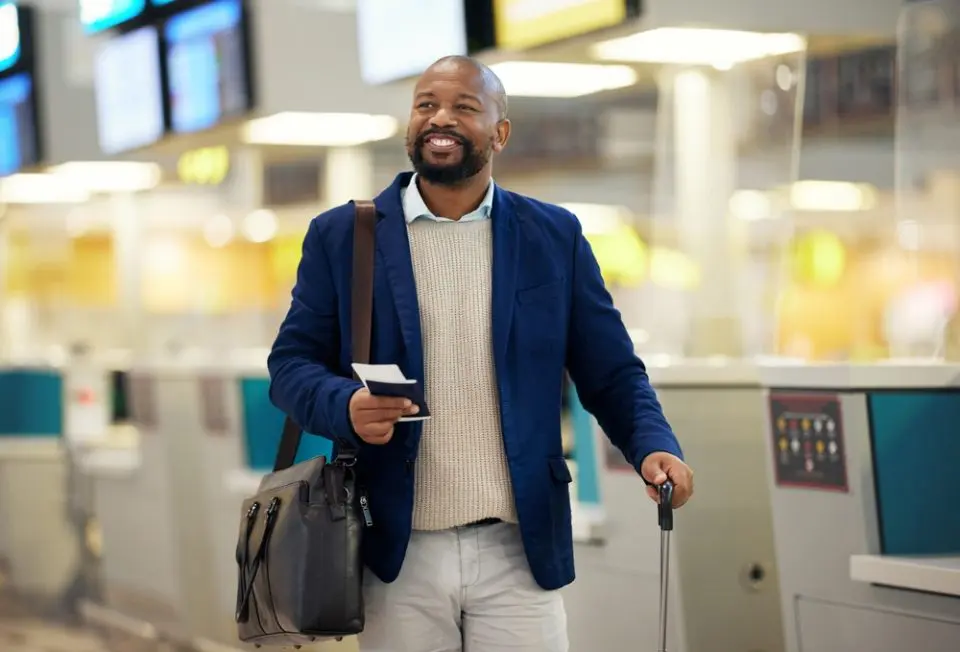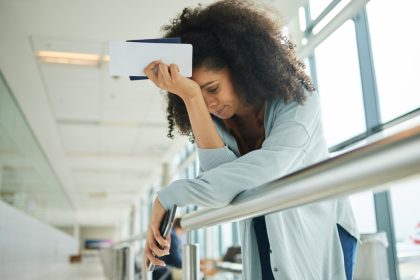Expert strategies reveal the path to stress-free exploration

The hidden impact of travel fears
Travel anxiety is an often-overlooked challenge that affects millions of individuals, preventing them from pursuing their dream adventures. While the idea of exploring new destinations and cultures may seem like an exciting prospect for many, for others, the thought of traveling brings forth an overwhelming sense of dread. This anxiety, though commonly acknowledged by mental health professionals, continues to be a barrier that limits many people from fully embracing the joys of travel.
Understanding the anxiety spectrum
Travel anxiety is not merely a passing feeling of unease before a trip; it can range from mild nervousness to debilitating fear. It often begins well before the journey even starts. Anticipatory anxiety is a frequent experience for individuals weeks before departure, with worries about flight delays, accommodation issues, or simply the act of navigating new environments. Even seasoned travelers can face bouts of anxiety, especially when they encounter unfamiliar situations or disruptions to their usual routine.
Physical and mental manifestations
The impact of travel anxiety goes beyond just mental worries; it has tangible physical effects as well. Many travelers find that their bodies react to anxiety in ways that only heighten their stress levels. Common physical symptoms include:
- Increased heart rate and shallow breathing as departure dates approach.
- Sleep disturbances, which lead to fatigue and added stress.
- Digestive issues, from stomachaches to loss of appetite or nausea.
- Muscle tension, which can often result in headaches or fatigue.
These physical manifestations serve as reminders of the deep psychological connection between stress and the body’s reactions. When combined with the general unease surrounding travel, they can create a vicious cycle that makes the experience even more daunting.
Identifying personal triggers
Recognizing personal triggers is key to overcoming travel anxiety. While some individuals may have general travel-related fears, others might find specific aspects of traveling particularly stressful. These triggers can stem from past traumatic experiences, concerns over personal safety, or the loss of control in unfamiliar environments. Understanding what causes the anxiety can help travelers develop effective coping mechanisms tailored to their unique fears.
For example, some may struggle with the uncertainty of flight schedules, while others may experience panic attacks in crowded airports or confined spaces. Identifying these triggers enables individuals to take proactive steps in mitigating their fears, such as seeking out quieter travel options or researching flight safety protocols in advance.
Practical solutions for anxious travelers
There is no one-size-fits-all solution to travel anxiety, but there are several practical steps that travelers can take to reduce their stress and regain a sense of control. Combining mental preparation with emotional support is key to minimizing anxiety during travel. Some effective strategies include:
- Planning ahead while staying flexible: Having a detailed itinerary can provide a sense of structure, but it’s important to leave room for flexibility in case of last-minute changes. Knowing that plans can shift without derailing the entire trip can reduce feelings of being overwhelmed.
- Developing emergency plans: Being prepared for potential disruptions, like a missed flight or accommodation issues, helps travelers feel more in control of unpredictable situations. Having backup options or knowing how to navigate travel hiccups can make a world of difference in reducing anxiety.
- Staying connected with support systems: Regularly communicating with family, friends, or even a therapist can provide emotional reassurance. Travelers who feel supported by loved ones often report less anxiety, as they know they can rely on them in times of stress.
- Using stress-reduction techniques: Employing simple relaxation strategies, such as deep breathing exercises or mindfulness practices, can calm the mind and body. These techniques can be particularly helpful during moments of intense anxiety, such as long airport lines or during turbulence on a flight.
The role of professional support
In some cases, managing travel anxiety may require professional intervention. Mental health professionals now recognize travel anxiety as a serious issue that can significantly impact an individual’s life. One of the most effective therapies for dealing with travel-related stress is Cognitive Behavioral Therapy (CBT). This therapeutic approach helps individuals reframe their negative thoughts about travel and develop healthy coping mechanisms.
CBT works by identifying irrational fears and replacing them with more realistic, balanced perspectives. For example, a person who fears flying might work with a therapist to understand that air travel is statistically one of the safest modes of transportation, thus reframing the fear of flying into a manageable anxiety.
Building confidence through experience
Perhaps one of the most effective ways to tackle travel anxiety is through gradual exposure. Gradually confronting travel-related fears in manageable doses can help build confidence and reduce anxiety over time. This process, known as systematic desensitization, allows individuals to challenge their fears in a controlled environment, progressing toward more complex travel scenarios as they gain confidence.
For example, someone with a fear of flying might start by taking shorter, less intimidating flights, slowly increasing the duration and complexity of their trips as they become more comfortable. By experiencing success and positive outcomes, travelers can shift their mindset, ultimately overcoming the intense fear that once held them back from fully enjoying travel.
The growing awareness of travel anxiety
As awareness around mental health continues to grow, more people are recognizing that travel anxiety is a legitimate issue that deserves attention. As the world becomes increasingly interconnected, the ability to travel freely and explore new cultures should not be hindered by irrational fears. Instead, there is a growing emphasis on providing support and resources to help individuals manage travel-related stress.
Whether through professional therapy, stress-reduction techniques, or building a network of supportive travel companions, there are many ways to address travel anxiety. The key is for individuals to acknowledge their fears and take proactive steps to overcome them. With the right strategies, anyone can embark on their dream adventure, free from the constraints of travel-related stress.















